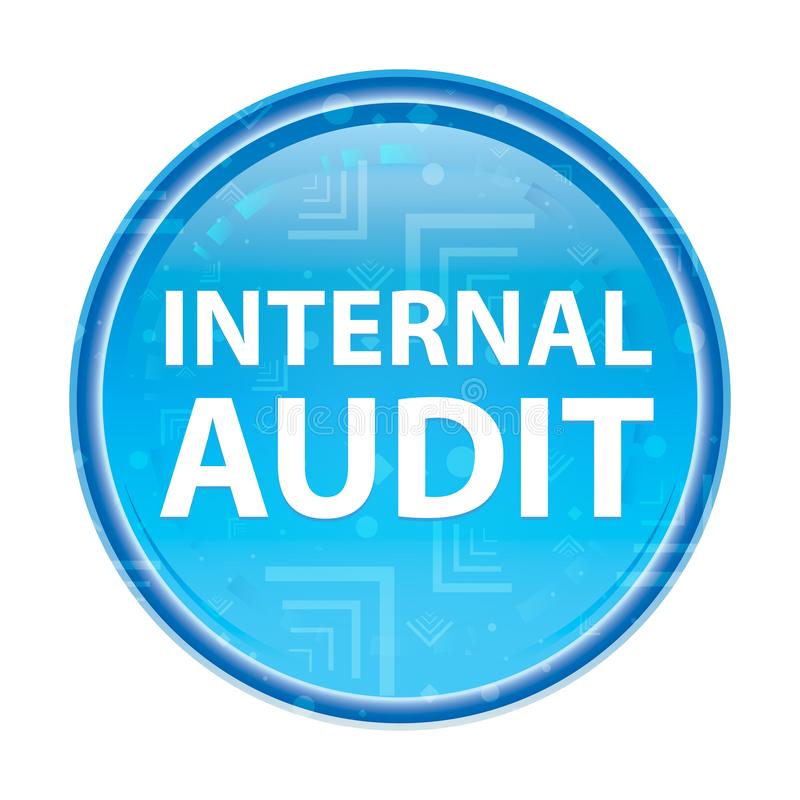Audit & Assurance
Statutory Audit

Audit Under Comapnies Act, 2017
We perform audit under Companies Act, 2017 for following Companies:
- Public Companies
- Companies Limited by Guarantee
- Private Limited Companies
- Single Member Companies
- Non profit Organization
Under Frame work of:
- Fourth Schedule of Companies Act, 2017
- Fifth Schedule of Companies Act, 2017
- International Financial Reporting Standards
- International Financial Reporting Standards and Accounting Standards for NPOs
- International Financial Reporting Standards for SMEs
- International Financial Reporting Standards for SMEs and Accounting Standards for NPOs
- Revised AFRS for SSEs

Audit Under Auditing Standards
Audit for Companies not subject to companies Act, 2017 requirements is done under the framework of International Auditing Standards (ISA) issued by The International Auditing and Assurance Standards Board (IAASB) as approved in Pakistan. Audit performed under ISA is performed under following framework:
- International Financial Reporting Standards (IFRS)
- Other Comprehensive Basis of Accounting (OCBOA)
- Income-tax-basis financial statements
- Cash-basis and modified-cash-basis financial statements
Internal Audit

We bring the required skills, experience and capacity to outsourcing clients' internal audit function. Internal audit is a core resource in the governance process, and we draw on our firm-wide specialist skills to bring a comprehensive solution to our clients, as well as providing independent assurance on critical business processes.
Full outsourcing includes the performance of all internal audit activities - including risk assessment, audit planning, performance, communication/ reporting - on a recurring basis. The client may have or may choose not to have a chief audit manager.
Co-sourcing is when we assist with in-house internal audit functions in the execution of their internal audit plans.
Quality Assessment Reviews: in our quality assessment process, we perform a comprehensive review of the overall effectiveness of a client's internal audit function. This would typically include:
Compliance with professional standards;
The effectiveness and efficiency of function activities;
Organisation, resource and skill capabilities;
Evaluation of stakeholder needs and fulfilment of those needs; and
Identification of strengths and improvement opportunities that strategically position the internal audit function for on-going success.
Review Services

Agreed-Upon Procedures (AUP) may involve the auditor in performing certain procedures of an audit nature concerning individual items of financial data, a financial statement, or even a complete set of financial statements, upon which the auditor, the client and any appropriate third parties have agreed and in reporting the factual findings. The advantages of ‘Agreed upon approaches’ are that the work will be limited to what is strictly necessary and will deliver the precise outcomes that you require.
Many situations are appropriate for an agreed-upon procedure engagement whether the objective is to provide information to banks, regulators, investors, or other stakeholders. Our Agreed Upon Procedures services include:
- Accounts Receivable/Payroll Processes
- Benefit Claims Audit
- Due Diligence on Buying/Selling a Business
- Employer Compliance/Payroll Audits
- Indirect Cost Rate Structures
- Compliance with Regulations & Contracts
Compilation
A compilation refers to financial statements that were prepared or compiled by an organization’s outside accountant. A compilation is often the result of an accounting service known as write-up work. With compilations, or compiled financial statements, the outside accountant converts the data provided by the client into financial statements without providing any assurances or auditing services. A compilation report should accompany the compiled financial statements and it should state that the financial statements
- are the representation of the management of the organization, and
- have not been reviewed or audited and that the accountant offers no opinion or assurances on them. Compilations allow companies without an accountant to have financial statements prepared at a lower cost than reviewed or audited financial statements.



